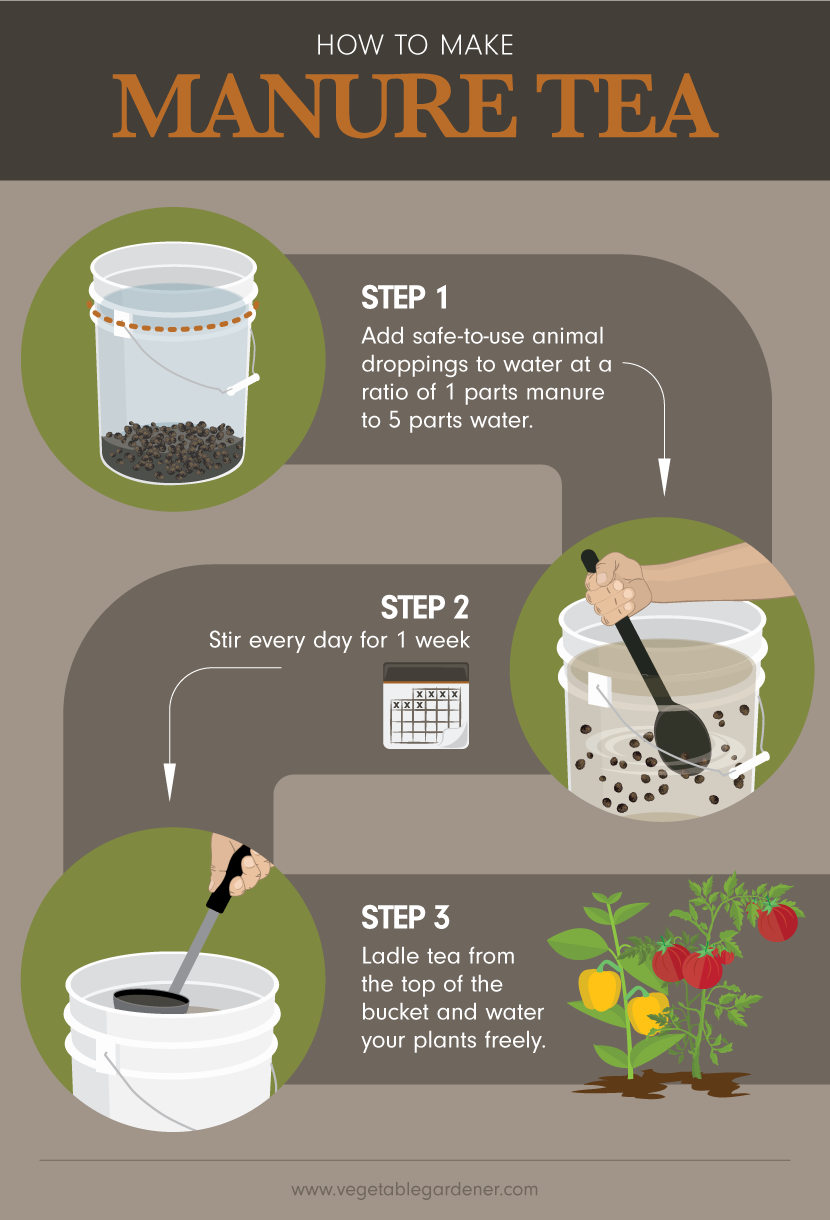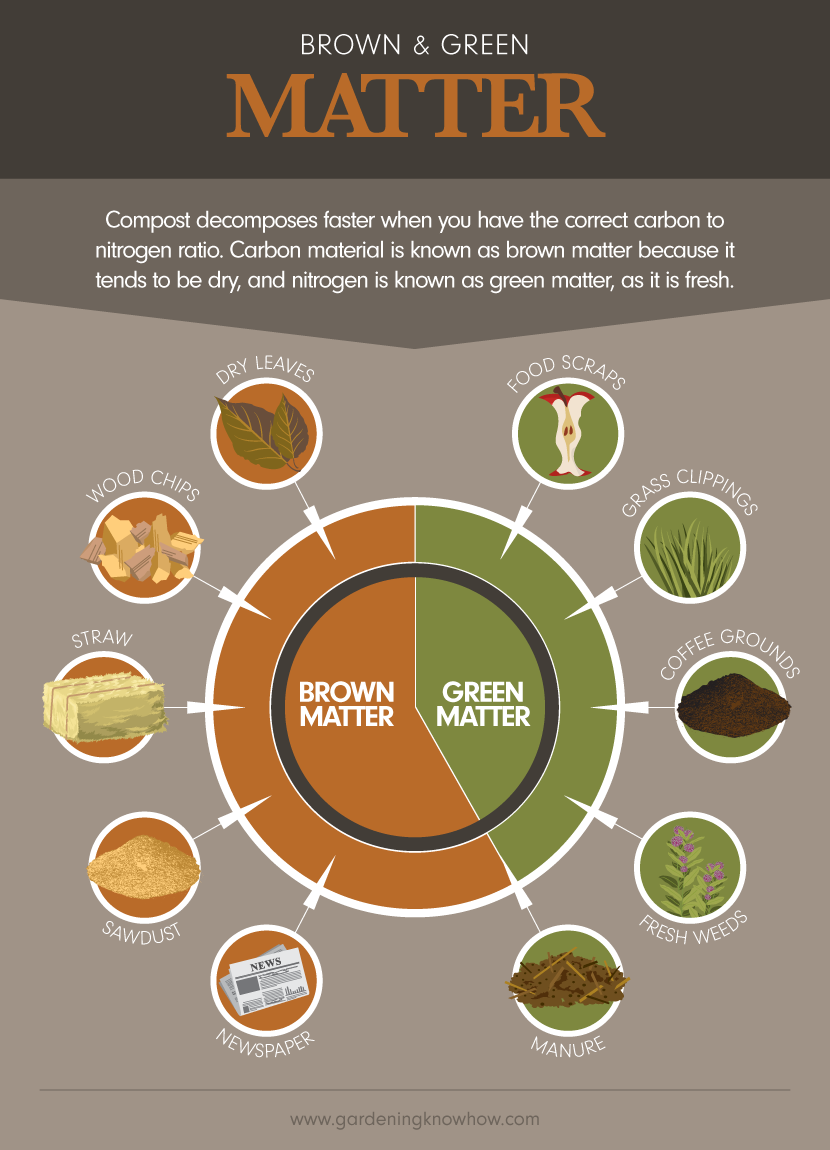
Get your fix of expert articles delivered straight to your inbox!
No Thanks - I don't like cool stuff

Gardeners know a thing or two about fertilizer, whether they buy it from the garden center or make it themselves via composting. To take it a step further, you may have heard about using animal waste as part of a fertilizing program, but this concept can cause some confusion. Can you use waste or manure from all animals as a fertilizer? Are some manures better than others? Do you have to prepare it, or can you simply toss it out into the garden? Can you use it around edible plants?
Fear not – once you have the basics down, it’s really pretty easy. Let’s take a look at what it takes, animal by animal, from the easiest to the more challenging.
Bunnies are not just prolific multipliers; they're also pretty prolific poopers. And all that rabbit waste is absolute gold for the garden because it’s high in nitrogen and phosphorus. But here’s the advantage of rabbit waste over waste from other animals: it’s considered a “cold” manure, so it’s not necessary to compost or age it before you use it. Spread a handful of bunny droppings around the base of your plants; because they don’t break down right away, they are almost like a time-release fertilizer.
One caveat to using fresh rabbit droppings in the garden: while I have never heard of anyone having problems, if you have edible plants, you may want to compost the rabbit droppings first. Not all experts agree on the necessity of this, so if you don’t want to live life on the edge, go ahead and compost the droppings. Another easy way to use rabbit droppings is to use them in a compost manure tea (see the illustration to learn how).

Cow manure is a great all-purpose fertilizer since it has a bit less nitrogen but still offers a good balance of nutrients. Because cows have four stomachs, they digest their food very well, meaning that there is less of a chance of weed seeds making their way into your compost pile. You will definitely want to compost this manure; to avoid a smelly compost pile, wait until the cow manure is dried before adding it. (Remember when you were at summer camp as a kid and you played “Toss the Cow Patties?” If the manure is dry enough to pick it up and throw it, it’s ready for the compost pile.)
Droppings from goats and sheep are generally drier than those from chickens, cows, and horses, so they can be added to the compost pile sooner. In addition, they tend to be less stinky (which is always a plus), and they are higher in nitrogen and potassium. The only drawback is that goat/sheep droppings can be a bit weedy, so be sure to compost them in the same way you would horse manure.
Keeping goats is an up-and-coming trend, and even though it hasn’t surpassed keeping chickens yet, those with enough backyard space can easily keep a small herd of 2–5 goats for fertilizer, land clearing, and goats’ milk.
Although it’s not particularly high in nutrients, horse manure is another good all-purpose fertilizer. However, it can have a lot of weed seeds, so you’ll want to make sure your compost pile reaches 140 degrees to kill them. You can use a compost thermometer to gauge the inner temperature, but you can also make sure your compost pile has more brown matter in it than green matter. This way, you naturally build a good balance so the animal waste serves as a good complement to your pile rather than overtaking it.

Although they’re easy to use and fairly easy to find because of the current chicken trend sweeping the nation, chicken droppings have the highest levels of nitrogen, and they can easily “burn” your plants if they are not adequately composted. Plan to compost this type of animal waste for at least six months before using it in the garden. In addition, it’s important to note that chicken poop is, shall we say, on the stinky side – so out of courtesy to your neighbors, consider locating your compost pile a good distance away from Mrs. Richardson’s fence line.

Just as with any other garden practice, there are some things you should avoid. Because not all animal waste is created equal, using the wrong kind can not only damage your garden but also harm you. The waste from all of the animals mentioned above are not only perfectly safe to use as fertilizers (provided you compost it well enough) but also recommended.
Some other animal wastes can be used with caution, while other types of waste are not recommended at all under any circumstances. Again, you may hear different advice depending upon who is doing the talking. Once you’ve read a number of articles and spoken to various people in the know (such as experienced gardeners, organic gardening experts, and even feed store staffers), make the decision you feel the most comfortable with and that aligns best with your values.

What’s a gardener to do if she doesn’t have any of the above animals? Well, for heaven’s sake, don’t give up; there are more options for you than you may think. Gardeners and animal lovers are generous people, so there are a number of resources at your disposal. Just remember to ask two questions:
The purer the manure, the better it is for your garden. Take some time to learn about what you’re using and remember the necessary precautions, and your garden will thank you.
Written by:

Get your fix of expert articles delivered straight to your inbox!
No Thanks - I don't like cool stuff